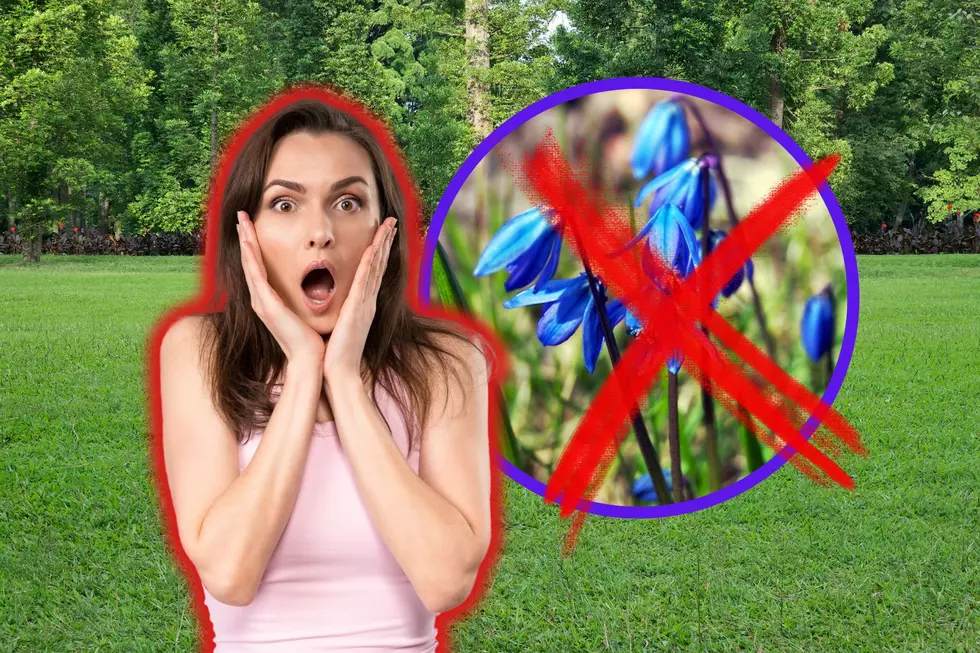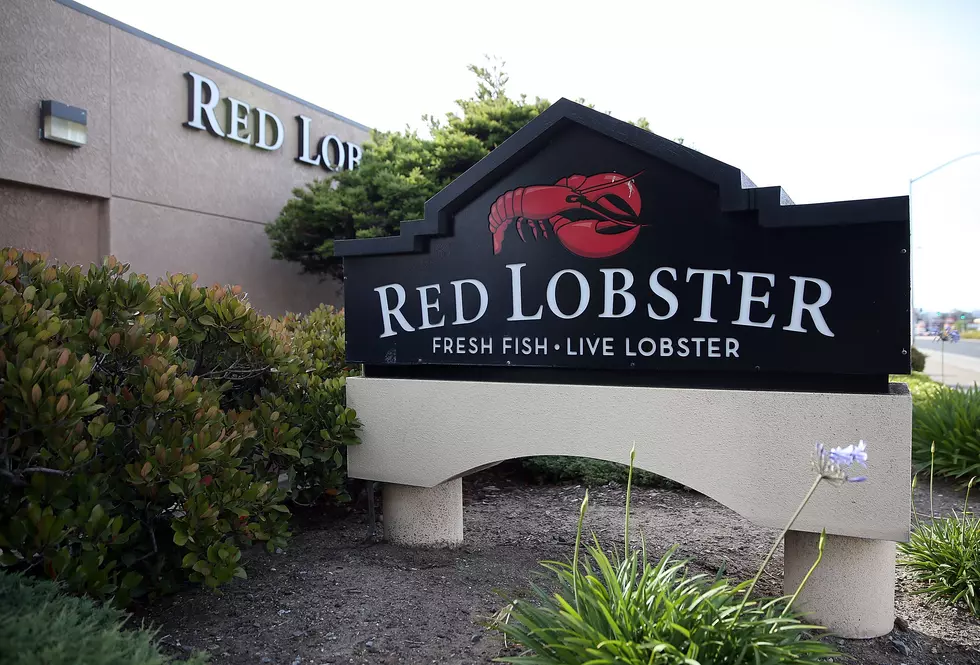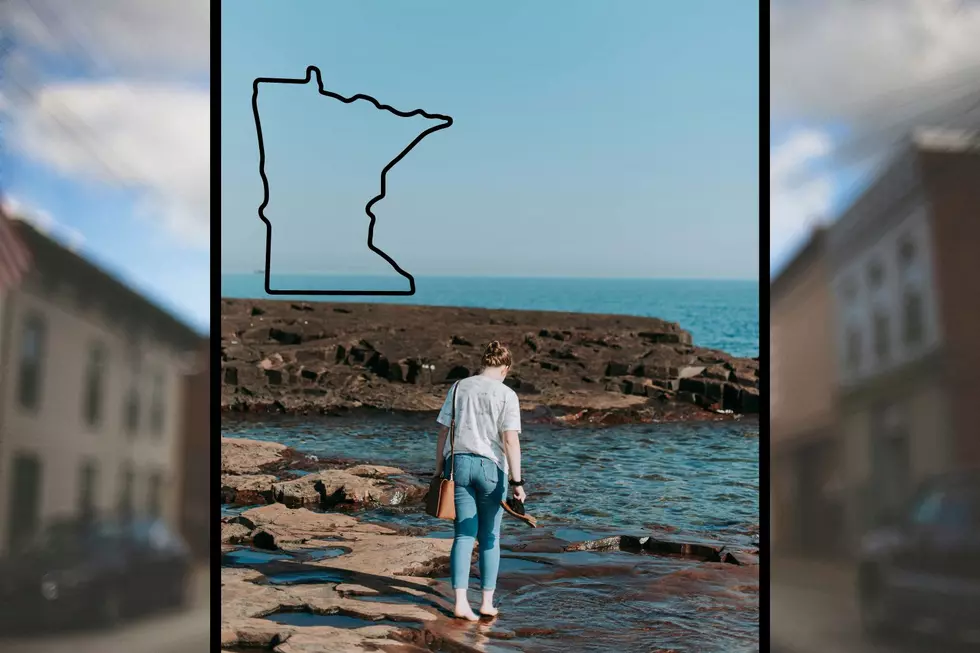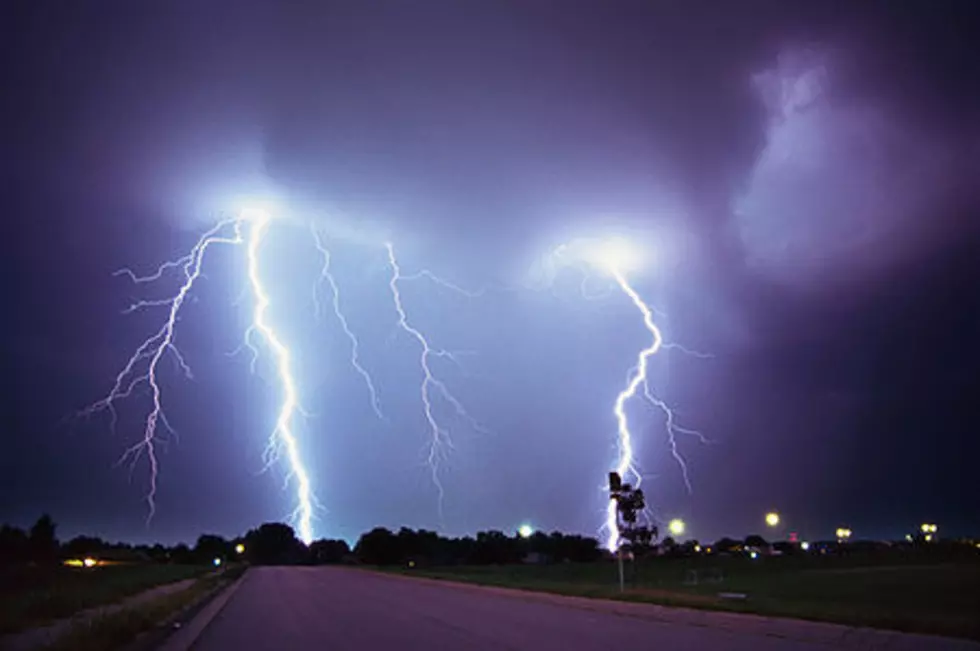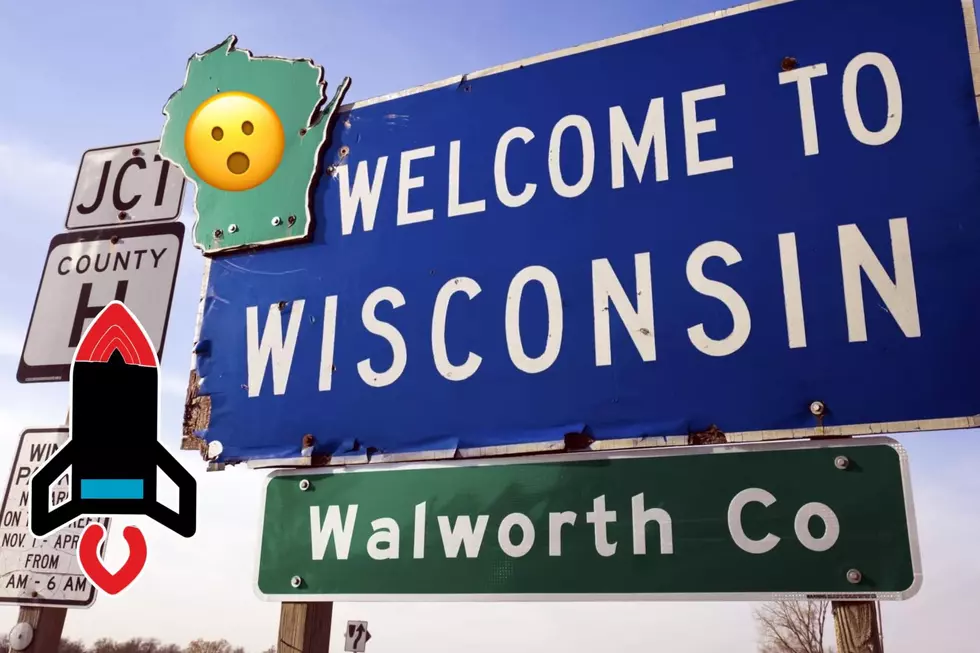
Rochester Falls In Love With A ‘Beak-less’ Goose
It's a sad sight to see, but we've got some answers on what's best for this little guy or girl.
I noticed multiple posts about this "beak-less" goose on my Facebook newsfeed late last week. He (or she?) has been roaming around the Silver Lake area, and they're a favorite!
A lot of you were concerned. You asked, "what can we do to help?" and "will the goose be okay?" because we've fallen in love with this kooky goose! Many of you have even tried to feed it.
As far as the future of this goose, it looks like it's one that does have hope... but not much.
It's sweet of you guys to be on the lookout and open your hearts for this goose, but DNR says they are monitoring this goose too. Simply put, they've chosen to let nature take its course and step in if further assistance in necessary.
Here's what to do if you see a sick or injured wild animal. According to the Minnesota DNR.
- Examine the situation carefully - is the animal really sick or injured? Some animal species will behave oddly at different times of year or different times of their lives. Often letting some time pass will reveal a healthy animal that was doing something unexpected.
- Examine the environment carefully; is it possible and safe for anyone to attempt to rescue an animal? Sometimes, despite the best effort and intentions, an injured animal is just not accessible and unfortunately nothing can be done for them.
- Also take note of how much the animal is still capable of movement. If an animal is still moving around vigorously and is able to flee when approached by a human (especially flying or swimming wildlife) it is best to leave the animal alone. A prolonged struggle or chase will often put both animal and human rescuers at greater risk.
- Contact a permitted rehabilitator or rehabilitation center before attempting to handle the animal if possible. They will be able to give you the best advice on what to do and what not to do if you decide to attempt rescue. Please see the Wildlife Rehabilitation Center of Minnesota's FAQ page for more information. Sick or injured wild animals may bite and scratch and pose a risk to humans (physical injury and/or exposure to disease). Use caution and never put yourself in a situation that you are uncomfortable with.
More From 106.9 KROC-FM
